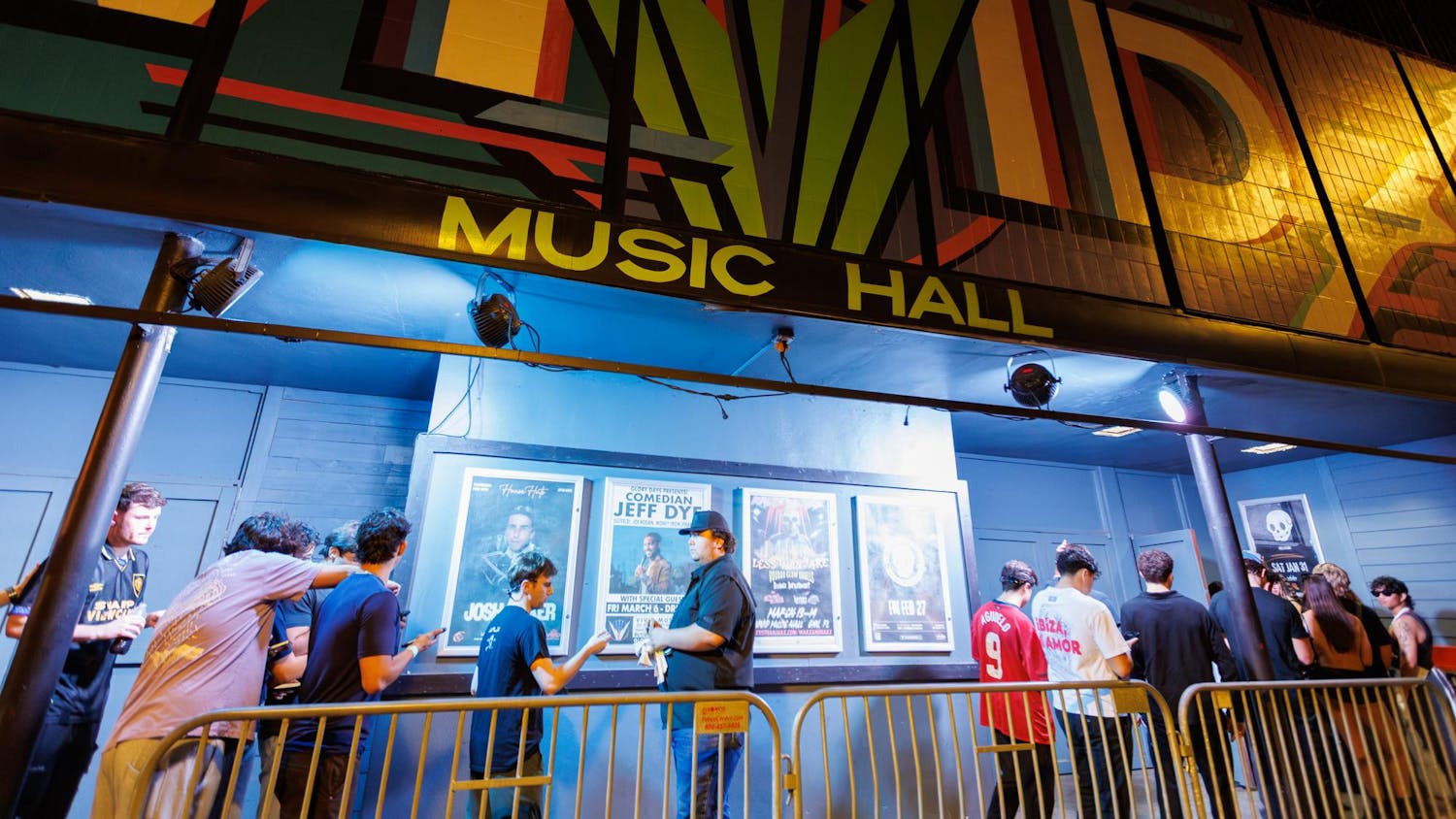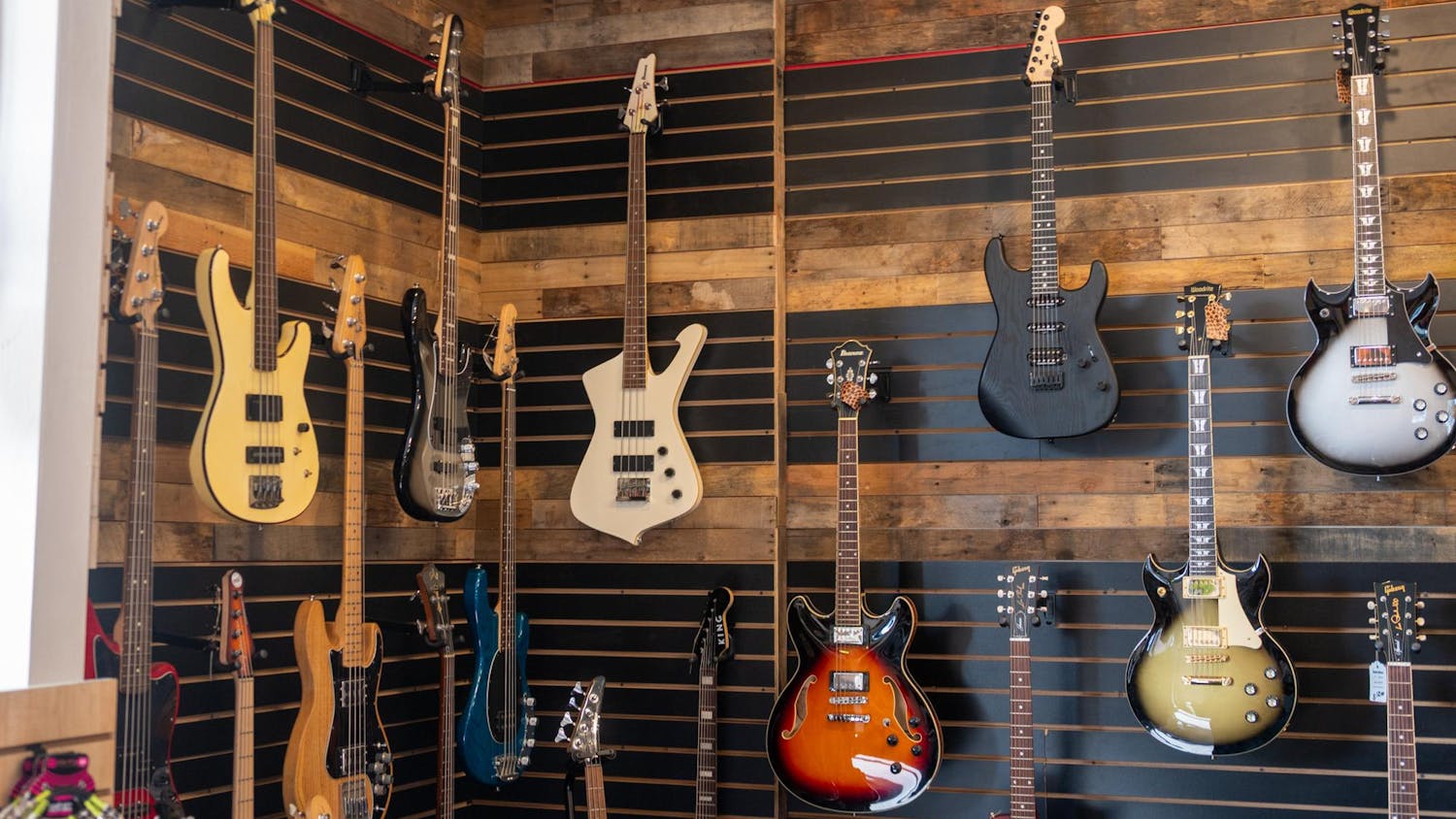Many Florida residents spent the weekend stocking up on canned food, filling gas tanks and covering their windows in anticipation of Tropical Storm Isaac.
But for some UF students, plywood wasn’t the board that came to mind.
Surfers hoping to ride unusually powerful waves caused by Isaac kept one eye on weather reports and the other on the beach.
Andrew Bacha, a 20-year-old applied physiology and kinesiology junior, made the two-hour trip to Daytona Beach to surf last weekend.
“Hurricane season is the only time I surf, almost because it’s the only time there’s waves,” he said. “If I don’t have class that day, I just go.”
The hurricane-powered surge came as a welcomed break from the average Florida surf, which can barely pass the 1-foot height mark on some days and remains completely flat on others.
But in the storm, Bacha and other thrill-seekers found California-sized waves. They paddled out about 100 yards in the rain to reach 8-foot waves.
However, hurricane surfing isn’t as simple as waiting for a water spout to form. In fact, it’s a science; surfers closely monitor weather conditions when looking for their perfect storm.
Onshore winds can produce large waves but usually lack the power surfers seek. But if the water gets too choppy, it can be almost impossible to reach the best waves.
“You want the hurricane to be a couple hundred miles off the coast, so the winds aren’t as bad,” said Addison Staples, a recreation, parks and tourism graduate student at UF. “It makes for big waves and clean conditions.”
The 29-year-old met three friends under clear skies at a busy St. Augustine beach Saturday. At 7 a.m., the waves barely reached their chests.
But as the day progressed, strengthening rain, wind and surf cleared the beach of all except about 30 surfers.
Staples and his friends weren’t deterred.
“Any conditions above your head are definitely dangerous, but I don’t get scared,” Staples said. “I think it’s the thrill of the bigger waves that the surfers go for.”
Bacha said he doesn’t think the practice is dangerous for experienced surfers.
“The only people that would get injured are the people that aren’t good at surfing,” he said. After surfing during six hurricanes in the last three years, the only thing he’s broken is his board.
Contact Michael Scott Davidson at mdavidson@alligator.org.





